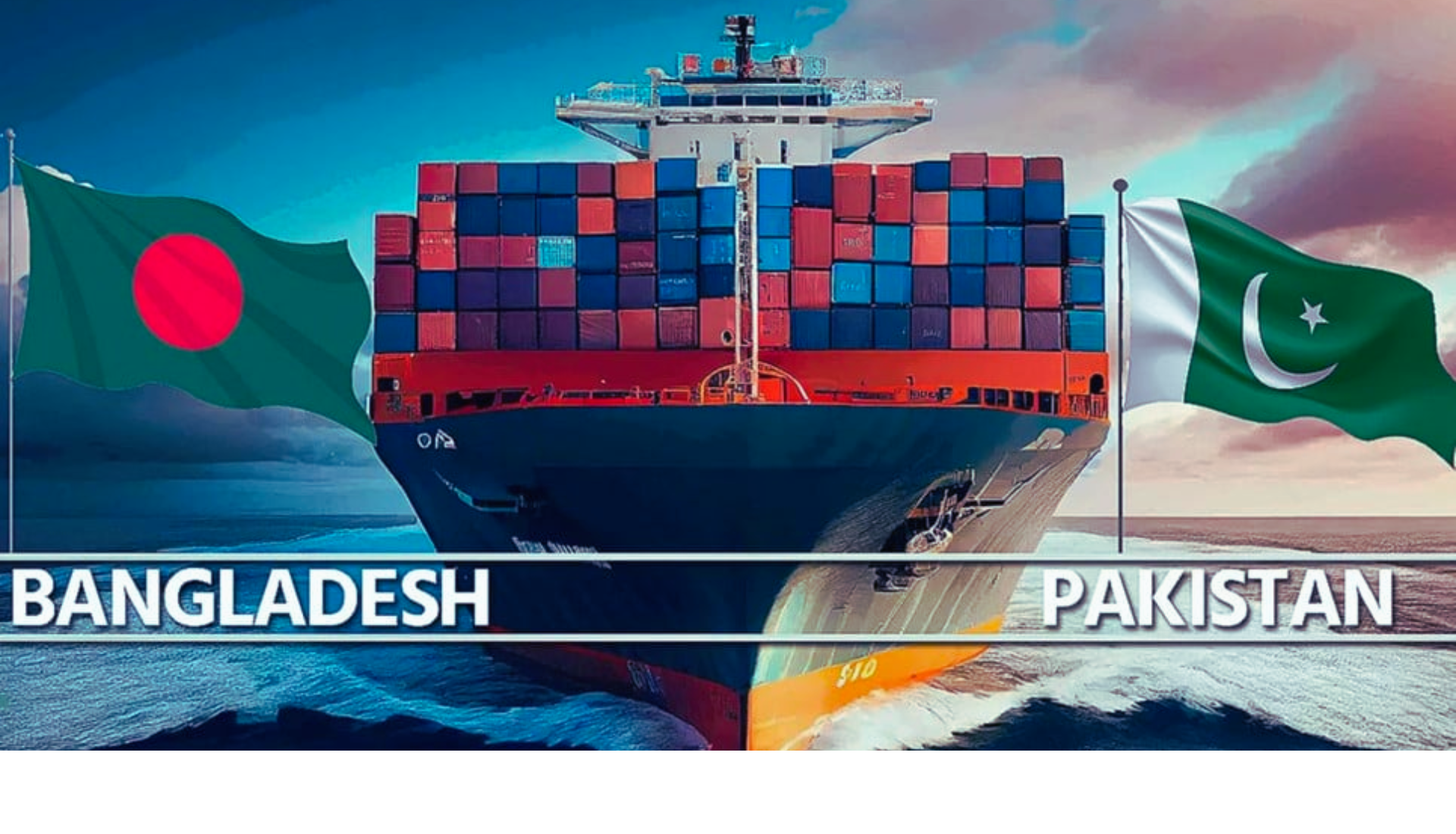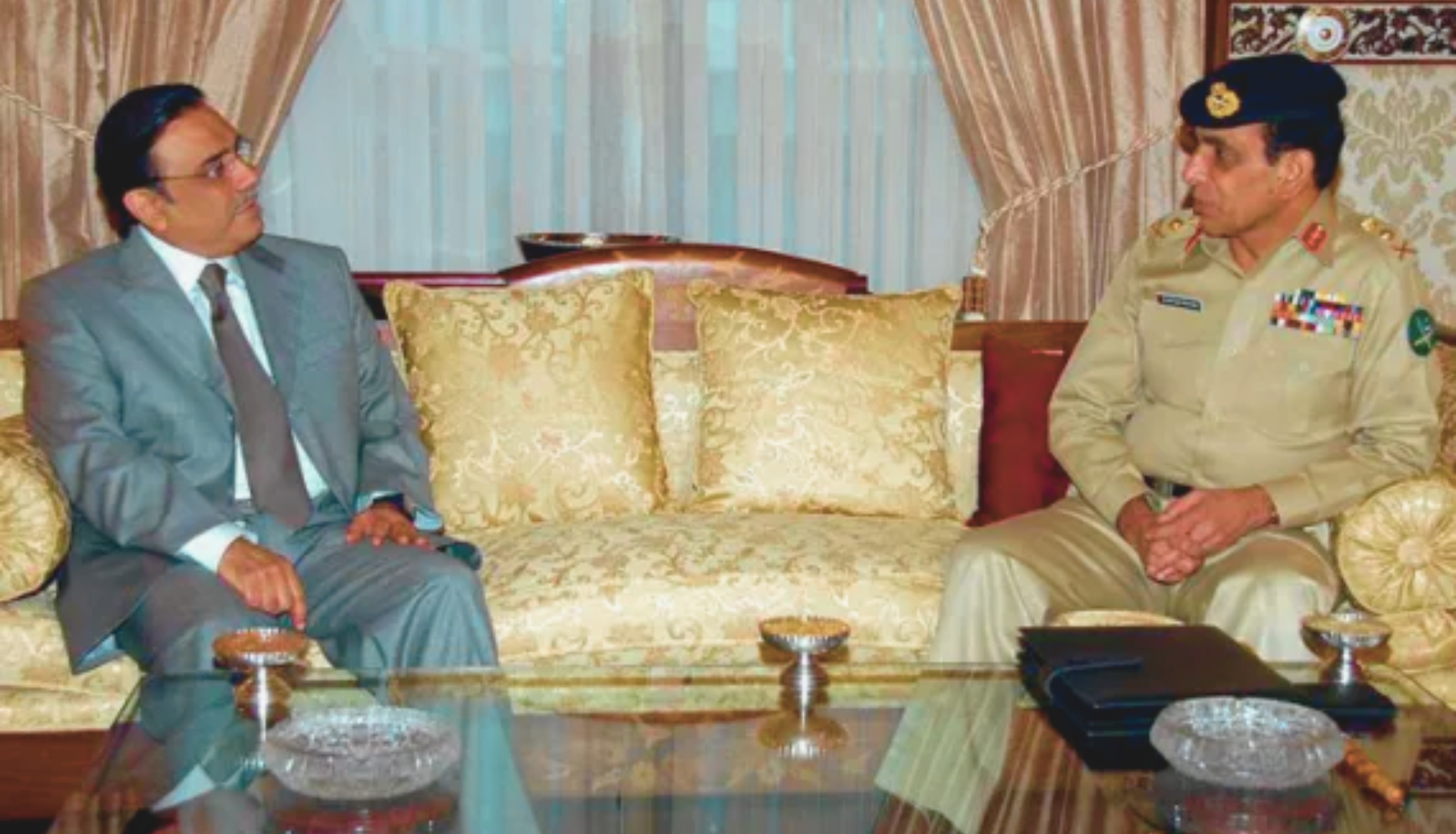The IMF urges Pakistan to tax high earners and to subsidize only the poor to avoid debt restructuring. It also calls for Pakistan to continue working towards the release of $1.1 billion in bailout funds.
Pakistan must ensure that its high earners pay taxes and only the poor get the subsidies if it wants to function as a country, the International Monetary Fund’s (IMF) managing director has said, as IMF urges wealth redistribution.
“My heart goes to the people of Pakistan. They have been devastated by the floods that affected one-third of the population of the country,” Kristalina G
“I want to stress that we are emphasizing two things. Number one, tax revenues. Those who can, those that are making good money [in the] public or private sector need to contribute to the economy. Secondly, to have a fairer distribution of the pressures by moving subsidies only towards the people who really need it,” she said, as IMF urges wealth redistribution.
“It shouldn’t be that the wealthy benefit from subsidies. It should be the poor [who] benefit from them,” she said, adding that IMF was very clear that it wanted the poor people of Pakistan to be protected.
The IMF chief’s statement came days after the two sides could not reach a deal earlier this month. A visiting Fund delegation departed Islamabad after 10 days of talks. However, the delegation said that negotiations would continue. Pakistan is in dire need of funds as it battles a wrenching economic crisis.
Talks center around reaching an agreement on a reforms agenda. This agenda is part of the country’s $6.5 billion bailout program, which it entered in 2019. An agreement on the ninth review of the program would release over $1.1bn.
Economic crisis in Pakistan
Meanwhile, foreign exchange reserves held by the State Bank of Pakistan have fallen to around $3bn, barely enough to cover three weeks of controlled imports. A resumption of the IMF program would also unlock other avenues of funding for Pakistan.
The IMF has earlier said in a statement that both sides have agreed to stay engaged and “virtual discussions will continue in the coming days to finalize the implementation details” of the policies, including the tax measures, discussed in Islamabad.
SEE ALSO: https://southasiatimes.org/pakistan-fails-to-reach-an-imf-staff-level-pact/
The government is in a race against time to implement the tax measures and reach an agreement with the IMF.
Finance Minister Ishaq Dar on Wednesday tabled the Finance (Supplementary) Bill, 2023, in both houses of the parliament, outlining tax measures to raise an additional Rs170bn in the next four and a half months to meet the last prior actions agreed upon with the IMF.
The IMF has given a deadline of March 1 to Pakistan for implementing all these measures. However, from February 14, the authorities implemented the bulk of tax measures worth Rs115 billion through statutory regulatory orders.
Eorgieva told German broadcaster Deutsche Welle on Friday on the sidelines of the Munich Security Conference.
“What we are asking for are steps Pakistan needs to take to be able to function as a country and not to get into a dangerous place where its debt needs to be restructured,” she said.
Source: Dawn news






